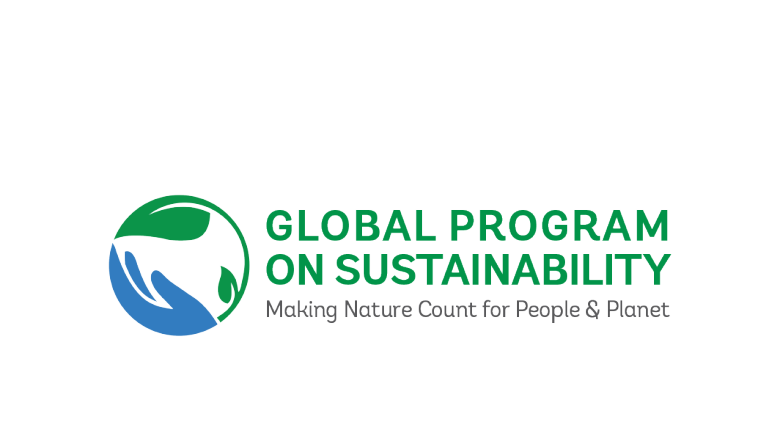
Development of Natural Capital Accounts, Data, Tools, and Analyses
Significant progress has been made in delivering grant activities and achieving results in FY24. The finalization of the land-use/land-cover classification has been a major milestone, providing the necessary data to complete the land accounts. The land accounts are scheduled to be published within the next six months, contributing valuable information to the understanding of land resources in Ethiopia. Efforts are under way to compile the data for the land degradation assessment and the preliminary ecosystem services and extent account. Spatial data on national-level land degradation has been prepared to serve as an input for the IPT in coordination with the IPT technical working group. Similarly, national-level biophysical data on soil retention, water, and carbon regulation services has been compiled as key criteria under the IPT. This data will be the basis for preparing the ecosystem extent and services accounts.
Another notable achievement is the completion of a second version of the IPT for watershed selection in close coordination with the Ministry of Agriculture, as well as a guidance note on the inputs to the tool and the tool’s uses. The underlying data and IPT are available to government partner agencies and members of the Climate Action Through Landscape Management team, enabling relevant stakeholders to access and use the tool for informed decision-making and strategic planning. The draft report on mainstreaming NCA in Ethiopia is progressing well, with the final version expected to be finalized for consultation by December 2024. This report will incorporate initial lessons from all the missions conducted to date, the institutional and data assessment, and progress on natural capital accounts and linkages to IPT, as well as outline ways to mainstream NCA applications.
Informing Investments and/or Policies
The Ethiopia CIC program has played a crucial role in informing the Climate Action Through Landscape Management Project, a World Bank lending project with a budget of US$500 million. The grant team has specifically developed an updated version of the Investment Prioritization Tool (IPT v2) to support watershed selection under this program, building upon the previous work conducted for the Ethiopian Strategic Investment Framework. The grant team has collaborated closely with the program technical team in the country and the Ministry of Agriculture and built capacity to use the tool and data.
The grant activities have made valuable contributions to the development of the Payment for Ecosystem Services Proclamation. The grant team has been actively involved in reviewing several versions of the proclamation and providing direct inputs to the text. It is anticipated that the proclamation will be approved by the Council of Ministers later in 2024, marking a significant step toward promoting the sustainable management of ecosystems and the services they provide. The grant team used the modeling work conducted by the IPT to identify criteria and key watersheds for investment to influence the revision of the Ethiopia Sustainable Land Management Strategic Investment Framework (ESIF2). Moreover, the grant-supported ecosystem service modeling was included in the CCDR.
Capacity Building and Institutionalization
In FY24, multiple training sessions were conducted to strengthen the institutionalization of the IPT and NCA. These sessions brought together participants from various sectors, including government agencies, academia, nongovernmental organizations, and think tanks, fostering capacity building and knowledge sharing across diverse backgrounds. Furthermore, government officials from key partner institutions actively participated in a NCA south-south knowledge exchange program that involved Rwanda, Ghana, and Ethiopia. The initiative was well received, with participants appreciating the opportunity for south-south collaboration and encouraging further similar opportunities.
Communication
To communicate the results and experiences of the IPT application in Ethiopia, two webinars were organized. These webinars focused on the practical application of NCA and the IPT in designing landscape programs. About 40 participants from different line ministries in Ethiopia and other countries attended. The webinars served as a platform to share knowledge, exchange ideas, and promote dialogue among stakeholders involved in landscape management and sustainable development.



